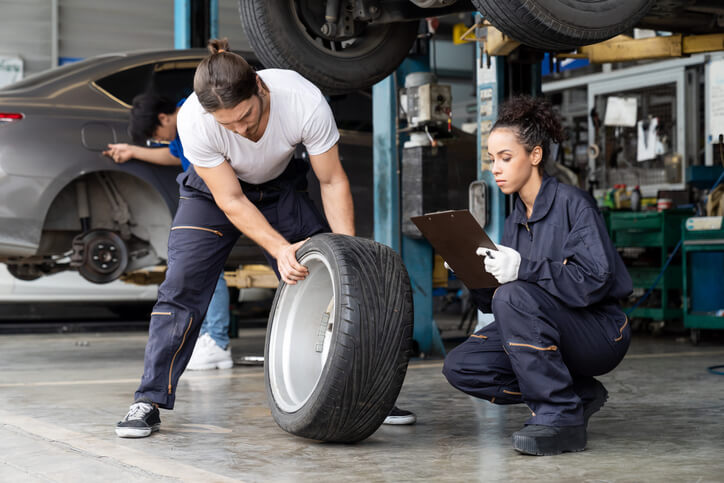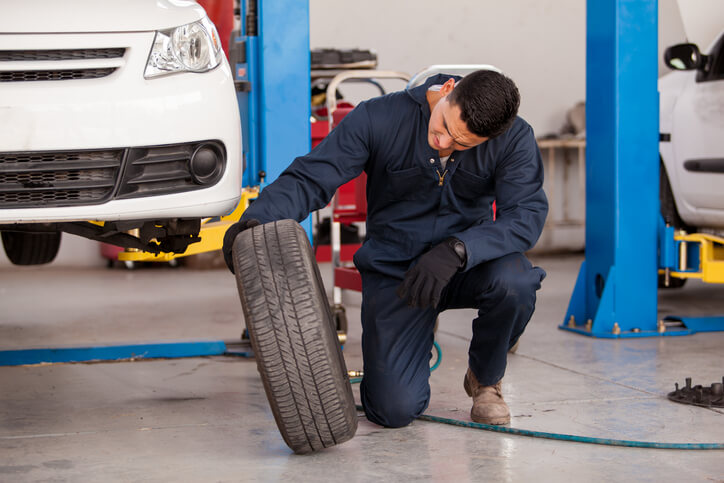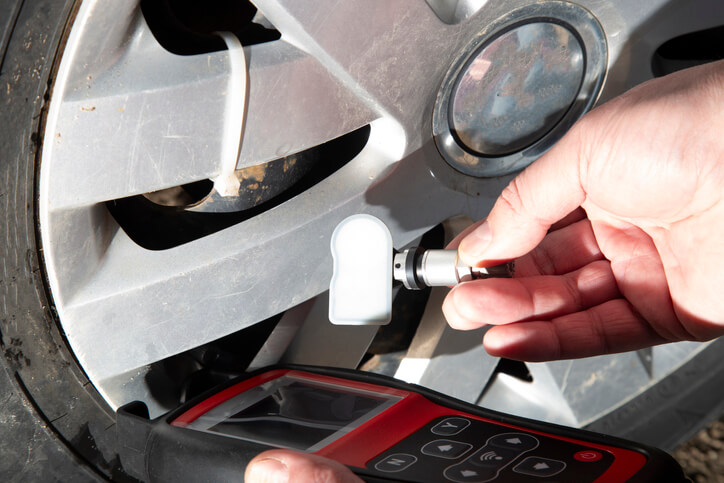Tire Tech Trends: TPMS and Run-Flat Tires in Today’s Vehicles
Tire technology has advanced in recent years, changing the way drivers think about maintenance and how shops handle service. Among the most impactful developments are Tire Pressure Monitoring Systems (TPMS) and run-flat tires. These auto mechanic systems provide added safety, convenience, and performance, but they also require specialized skills and updated service procedures.
For today’s mechanic, staying ahead of these trends is essential. Whether you’re already working in the field or pursuing Auto Mechanic Training at ATC Surrey, understanding how to service these technologies is key to long-term success.
What Is TPMS and Why Does It Matter?
Tire Pressure Monitoring Systems (TPMS) are now mandatory in most new vehicles. These systems use sensors to monitor tire pressure in real time and alert drivers when a tire is underinflated. This not only helps prevent blowouts and improve fuel efficiency, but also supports proper vehicle handling and tire longevity.
There are two types of TPMS: direct and indirect. Direct TPMS uses pressure sensors inside each wheel to provide real-time readings, while indirect systems rely on wheel speed sensors to detect underinflation through changes in rotation. Both types require specific diagnostic tools and knowledge to repair or reset, especially after tire rotations, sensor replacements, or battery failures.
If you’re training to become a mechanic, learning how to test, diagnose, and reprogram TPMS sensors will give you a major advantage in today’s competitive job market.
Understanding Run-Flat Tires
Run-flat tires are another game-changing innovation. These tires are designed to operate for a limited distance even after a complete loss of air pressure, usually up to 80 km at reduced speeds. This gives drivers time to reach a repair facility without changing the tire roadside, enhancing safety and convenience.
However, run-flat tires have stiffer sidewalls and unique construction that make them more challenging to install, balance, and repair. Not all shops have the equipment or expertise to handle them, which means mechanics who do are in high demand.
Service procedures for run-flats also differ from conventional tires. Improper installation or mounting can damage the sidewalls or internal structure, making training crucial. ATC Surrey’s Auto Mechanic Training ensures students get hands-on experience working with modern tire systems, preparing them to service everything from sedans to high-performance vehicles equipped with run-flats.

Service and Maintenance Considerations
Both TPMS and run-flat tires come with service challenges that an auto mechanic needs to anticipate. TPMS sensors are often damaged during tire changes if not handled properly. They may also need to be reprogrammed or replaced when their internal batteries die, typically after 5–10 years.
When working with run-flat tires, it’s important to inspect the inner structure carefully. Some damage is not visible from the outside, and continuing to drive on a compromised tire could fail. Mechanics must also understand which vehicles are compatible with run-flats and how to explain their performance trade-offs to customers.
Being well-versed in these service considerations sets you apart, especially as more vehicles come equipped with these technologies.
Why These Skills Matter for New Mechanics
Today’s vehicles are smarter and more complex than ever. From computer-controlled sensors to safety-enhancing tire innovations, modern auto service requires more than just turning wrenches. It demands diagnostic thinking, precision handling, and up-to-date training.
If you’re ready to become a mechanic, mastering tire technology like TPMS and run-flat systems will put you ahead of the curve. These are no longer “advanced” systems; they’re the new standard.

Stay Ahead With Auto Mechanic Training at ATC Surrey
ATC Surrey’s Auto Mechanic Training program is designed to keep pace with the automotive industry. With expert instructors, hands-on workshops, and access to modern diagnostic tools, students graduate ready to handle the tire tech and vehicle systems of today and tomorrow.
Whether you’re starting from scratch or upgrading your skills, this program equips you to meet the growing demand for skilled, knowledgeable auto mechanics in British Columbia and beyond.
Are you looking for comprehensive auto mechanic training?
Contact ATC Surrey for more information.


